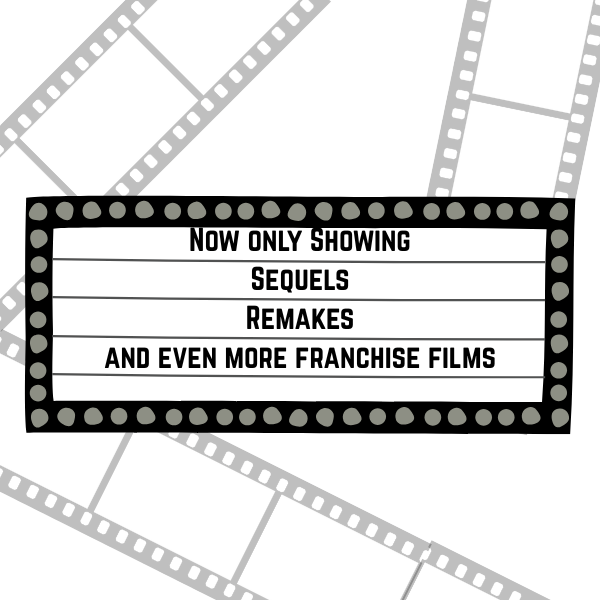By Michaella Sheridan
As graduation draws near, I cannot help but feel anxious about my seemingly slim resume, which includes a single part-time internship for the Salamander Literary Journal. This wariness led me to question not only the importance of previous internships when applying for jobs, but also the validity of all the unpaid internships I could never afford to even apply for.
In recent years, there has been a surge of unpaid interns bringing for-profit, private sector companies to court for their misclassification of unpaid interns and their duties. A notable case was settled in 2013 when Judge William H. Pauley ruled that Fox Searchlight Pictures had violated federal and New York minimum wage and overtime laws by not paying production interns for their work on the set of the 2010 movie, “Black Swan.”
The two interns represented in court had performed menial tasks on the set, such as running errands, keeping books, taking out the trash, and arranging travel plans for employees.

While these are accepted as the cliché duties of the lowly intern, Pauley found the unpaid tasks to be unlawful, as they violated the six criteria for unpaid interns as articulated in Fact Sheet #71 of the Fair Labor Standards Act.
The criteria for unpaid internships, according to the U.S. Department of Labor’s website, require that: the internship is similar to the training that would be given in a vocational school or classroom environment; the experience is for the benefit of the student and not the internship provider; the intern does not displace regular employees; the employer derives no immediate advantage from the activities of the intern; and the employer and the intern understand that the intern is not entitled to wages.
These criteria hold for-profit, private sector companies to a code of social conduct when operating internship programs, which does not permit the use of unpaid interns in place of paid employees. Interns who are working for free must be actively learning useful skills during their time rather than just running coffee and picking up dry-cleaning.
Not only does violating the criteria for unpaid interns rob the student of a valuable learning experience, but the free labor also encourages companies to not offer paid internships.
In an interview with the Hollywood Reporter, Justin Swartz, the lawyer for plaintiffs in several class actions on the internship front, said “Generally, people in position to work for free come from privileged backgrounds. An important byproduct of the intern cases is that it will open up industries like media and film to those who need to work when they are in school.”
Swartz’ perspective of the case’s repercussions is particularly interesting to me because, as a full-time student who faces a long list of bills every month, I could never offer to work for free. As much as I would love to gain valuable experience in professional environments, the employers only ever seem to be willing to pay in college credit, which is a nice offer, but my landlord prefers cash.
Ultimately, it does not matter whether you can afford to work for free or you cannot. What matters is that we as students, interns, and potential employees derive value from any and all experiential learning.
When an experience, such as the Fox Searchlight unpaid internship, provides little to no value to the participant, something is inherently wrong and participants should be compensated or the program should be terminated.
Although I am unable to participate in unpaid internships due to financial stress, I would never suggest that those programs be eliminated. They offer the opportunity for students to learn about their prospective profession and gain real-life experience and, most importantly, confidence.
So, while I don’t believe that all unpaid internships should be made illegal, they should absolutely be held to strict standards based on the experiential learning value they offer to the student.







